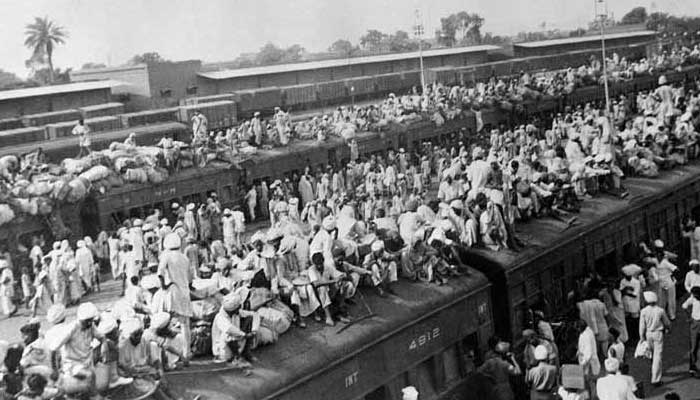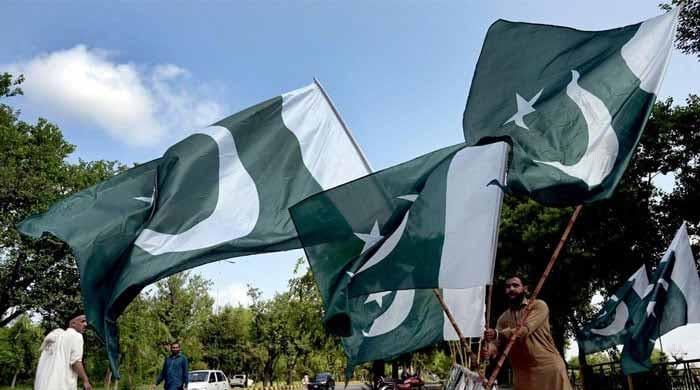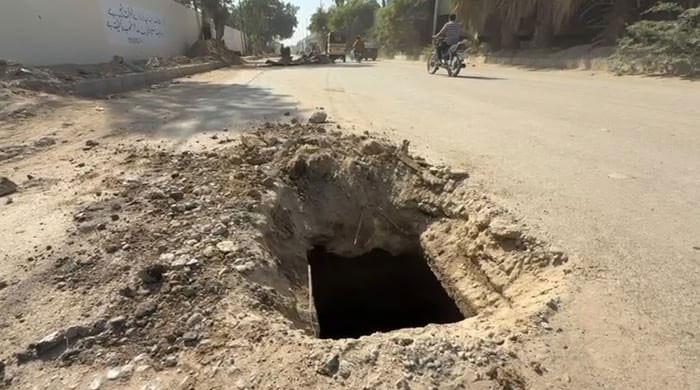Unspoken histories and inherited traumas
Life history is not a solution to such inherited trauma but it may be a start
December 06, 2022

Several of my Pakistani friends come from households where one or more of their parents or grandparents moved to Pakistan during the Partition. Most of them have told me that their family members who migrated have rarely, if ever, spoken about the experience. They knew about the Partition from history in school and from reading books on their own, but they didn’t know the details of what their own family had been through. The severity of the experience has not been lost on them, however.
This is obviously not a topic that I bring up casually, or even intentionally. But over the years, it has come up often enough that I’ve seen what may amount to a pattern of inherited trauma without a corresponding explanatory narrative.
People who were born 15 to 20 years after the Partition can sometimes share a sense of dread and anxiety about events they neither know nor understand. It’s an odd situation in which they only know that something is wrong, but have no access to what might be the cause.
This is not unique to Pakistan or the Partition. I grew up with grandparents who lived through the Great Depression of the 1930s. My grandmother had a childhood that bears no resemblance to anything we might consider acceptable today. There was intense poverty and violence and family betrayal borne out of the kind of collective desperation that makes otherwise decent people do reprehensible things.
When I was very small my grandmother didn’t tell me the horror stories of her youth. In fact, she told me very happy, made-up stories about wonderful times with loving parents and siblings. It was only when she was much older that she let slip some of the shocking things that people had done to her and her family.
When she shared the snippets of ugliness she had experienced, things about my mother and her siblings started to fall into place. The traumatic circumstances of my grandmother’s youth were left unspoken, but not unfelt by others in the household. Her husband, my grandfather, had equally challenging times during the Depression which again, were hardly shared verbally. One got fragments here and there, but not enough to really understand how profoundly the violence and poverty had shaped who my grandparents became.
When I think about how widespread disasters and violence have been in history, it makes me realise that there must be very few people who haven’t been shaped by it through the impact that it’s had on their parents, grandparents and so on.
We pass these traumas down, but we don’t always share their causes in ways that might allow our children to disrupt the effects. In psychology, part of trauma's definition stems from a lack of cognitive mechanisms for making sense of experiences. Therefore, victims of violence may not be able to articulate what happened to them because a part of their mind shuts down the details of the experience.
Trauma is something we can’t cope with psychologically. In the case of parental or grandparental experiences, our minds may not even get a chance to begin trying and understanding or coping because the details were never articulated or shared at all.
Life history is not a solution to such inherited trauma, but it may be a start. Historians and anthropologists have used life histories to good effect as part of salvage ethnography for more than a century. This has been particularly important in trying to reconstruct some aspects of Native American culture and society, which were subjected to sustained and systematic violence throughout much of American history.
It occurs to me, however, that one of the things we do when taking the time to listen to spoken life histories or those closest to us, is we have the opportunity to learn why the generations before us are the way they are. In turn, this enables us to better understand some of our own idiosyncrasies that can impact the way we engage with the world around us.
Better understanding does not always lead to better outcomes, but it potentially gives us more control and choice about which outcomes we may prefer to aim for.
I lost my grandparents some time ago, but I speak to my mother frequently and like her mother, she’s now sharing more of the difficult experiences she faced in her youth. These have not only helped me make sense of why she has behaved the way she has in her life, it also — rather surprisingly — helps me understand my own reactions to some situations.
She is only now choosing to share many of the details of her life's history. But, I believe the emotional impact of those events was always there in an unspoken and powerful way. The scale of violence and terror from the Partition, or many of the events that have taken place around the world, must surely dwarf most of my family’s experiences.
I don’t know the effect of speaking such histories now, but I am conscious that with or without being spoken, all of those histories have impacted the generations that followed in profound ways.









